Greetings to the wonderful people of Rivers State, and welcome to another episode of RivEthics on Radio, our character-building weekend show. Please remember that the highest cause of death in the developing world is ignorance, not disease. Our topic today is on the Disease Tuberculosis, in commemoration of the World Tuberculosis Day, which comes up on Tuesday, March 24th.
Tuberculosis (TB) is one of the top 10 causes of death worldwide. It is a global public health scourge that has attracted global attention. According to former UN General Secretary, Ban Ki-moon, “Efforts must begin now to ensure the effective global roll-out of the End TB Strategy and to stimulate the research that will underpin its success.”
To roll-out the Strategy, countries and all partners have been advised to, among other things:
1. Assess TB situations by knowing the facts about the epidemic, understanding current status of response and health system capacity, and operate within the policy and regulatory environment of their communities.
2. Collaborate across relevant ministries and departments, such as health, finance, education, food, social-welfare, justice, labour, transport, etc. They should also collaborate with patients, affected communities, civil society, the private sector, national and international supporters and partners.
The United Nations Special Envoy on TB, Dr. Eric Goosby, summarised the way forward perfectly when he said the following: “The progress that has been made in combating TB has been hard won and must be intensified if we are to wipe out the TB epidemic. The End TB Strategy offers new hope to the millions of people suffering and losing their lives to TB each year. It is time to join forces to create a world free of TB.”
Going forwards, the 2025 targets require effective use of existing tools to combat TB, complemented by universal health coverage and social protection to:
• Push down global TB incidence rates from an annual decline of 2% in 2015 to 10% by 2025.
• Reduce the proportion of people with TB who die from the disease from 15% in 2015 to 5% by 2025.
Here in Rivers State, both diagnosis and treatment are free. TB patients should take full advantage of such services, and thereby reduce the spread of the disease in families and communities.
Our guest speaker today is a Consultant Public Health Physician, Dr. Nera Ene. She will share her insight on the topic. Please enjoy the episode.
Our good people of Rivers State, don’t forget to always let your manners speak for you.
God bless and keep you and your families and God bless Rivers State.
